April 24, 2024
Large increase in the number of people who say they are experiencing burnout
 The number of Britons who say they are experiencing stress or burnout in the workplace doubled in 2023 compared to the previous year, according to a poll from Indeed Flex. According to the survey, 92 percent of UK employees say they have experienced burnout or stress in the workplace during their careers. However the strain has grown rapidly as post-pandemic labour shortages intensified workloads. In 2023 the proportion of UK workers grappling with poor mental health skyrocketed to 37 percent, almost double the 19 percent who experienced problems during 2022. A fifth (19 percent) of workers say they have suffered from burnout or stress in 2024 so far. (more…)
The number of Britons who say they are experiencing stress or burnout in the workplace doubled in 2023 compared to the previous year, according to a poll from Indeed Flex. According to the survey, 92 percent of UK employees say they have experienced burnout or stress in the workplace during their careers. However the strain has grown rapidly as post-pandemic labour shortages intensified workloads. In 2023 the proportion of UK workers grappling with poor mental health skyrocketed to 37 percent, almost double the 19 percent who experienced problems during 2022. A fifth (19 percent) of workers say they have suffered from burnout or stress in 2024 so far. (more…)





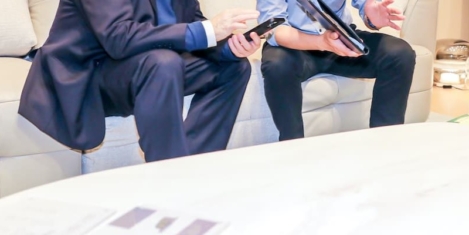
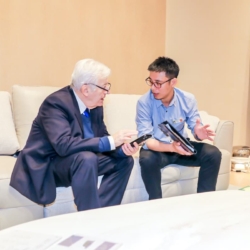










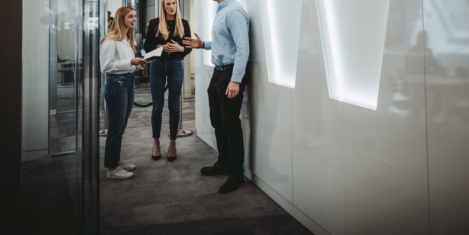

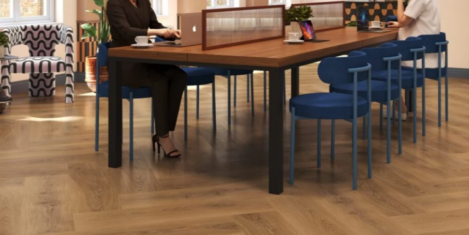
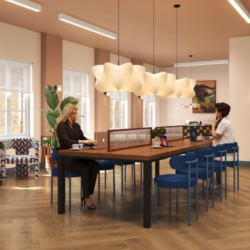

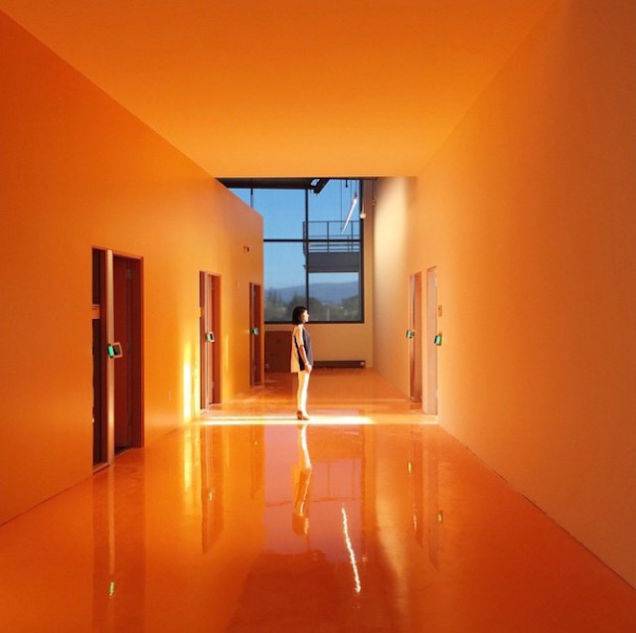








April 18, 2024
A look back at The Stoddart Review: the once and future guide to workplace productivity?
by Rachel Houghton • Comment, Workplace design